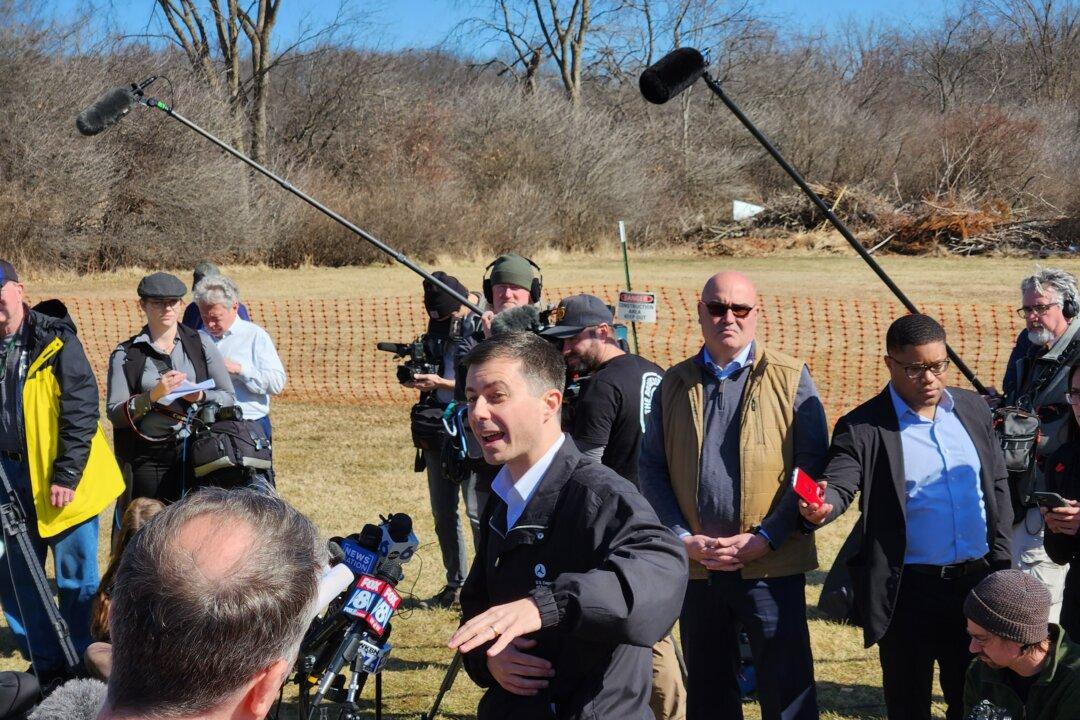Commentary
Given the left’s recent push to redefine concepts such as “privilege” and “victimhood,” let’s take a moment to examine the lives of two very different Americans.

Given the left’s recent push to redefine concepts such as “privilege” and “victimhood,” let’s take a moment to examine the lives of two very different Americans.